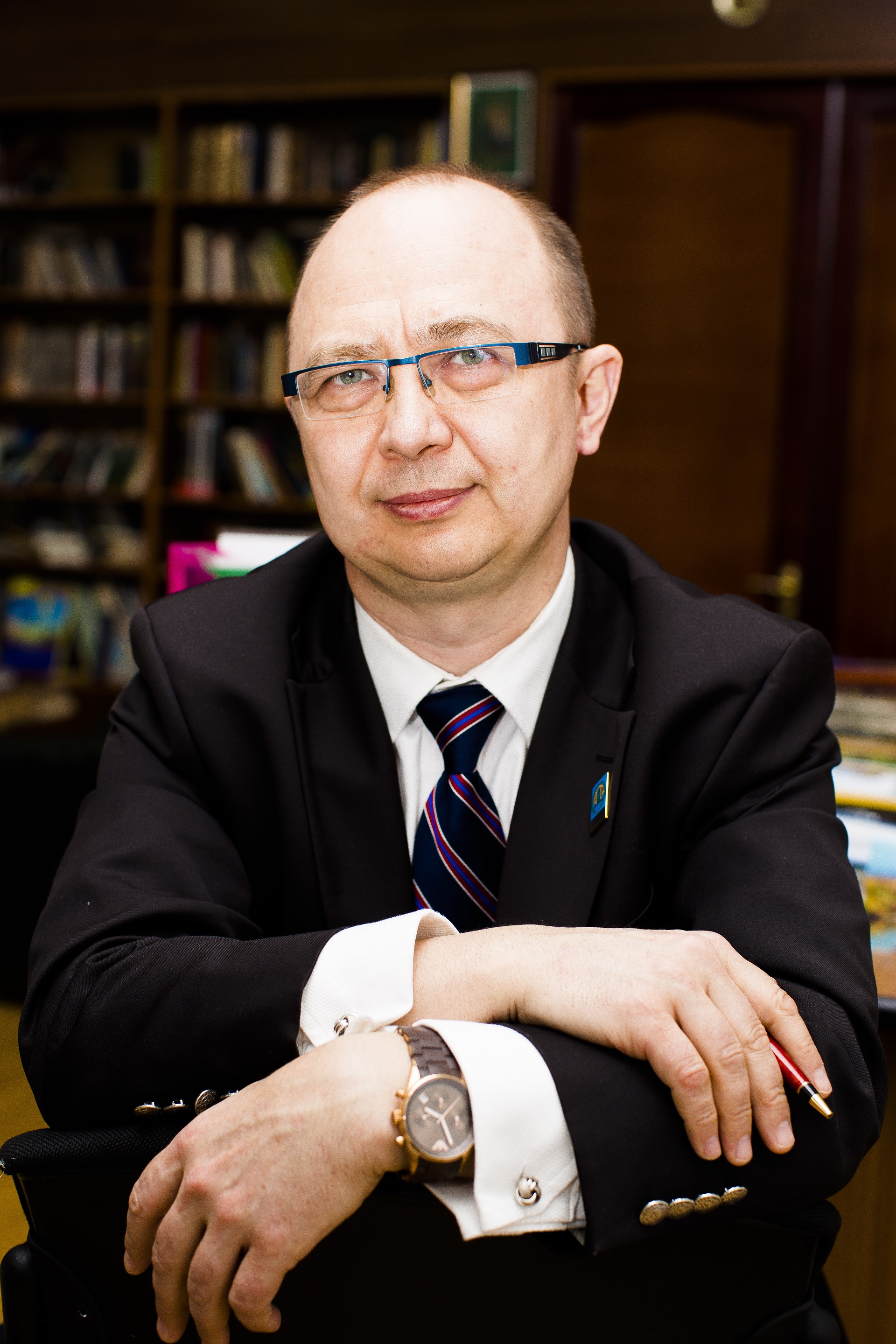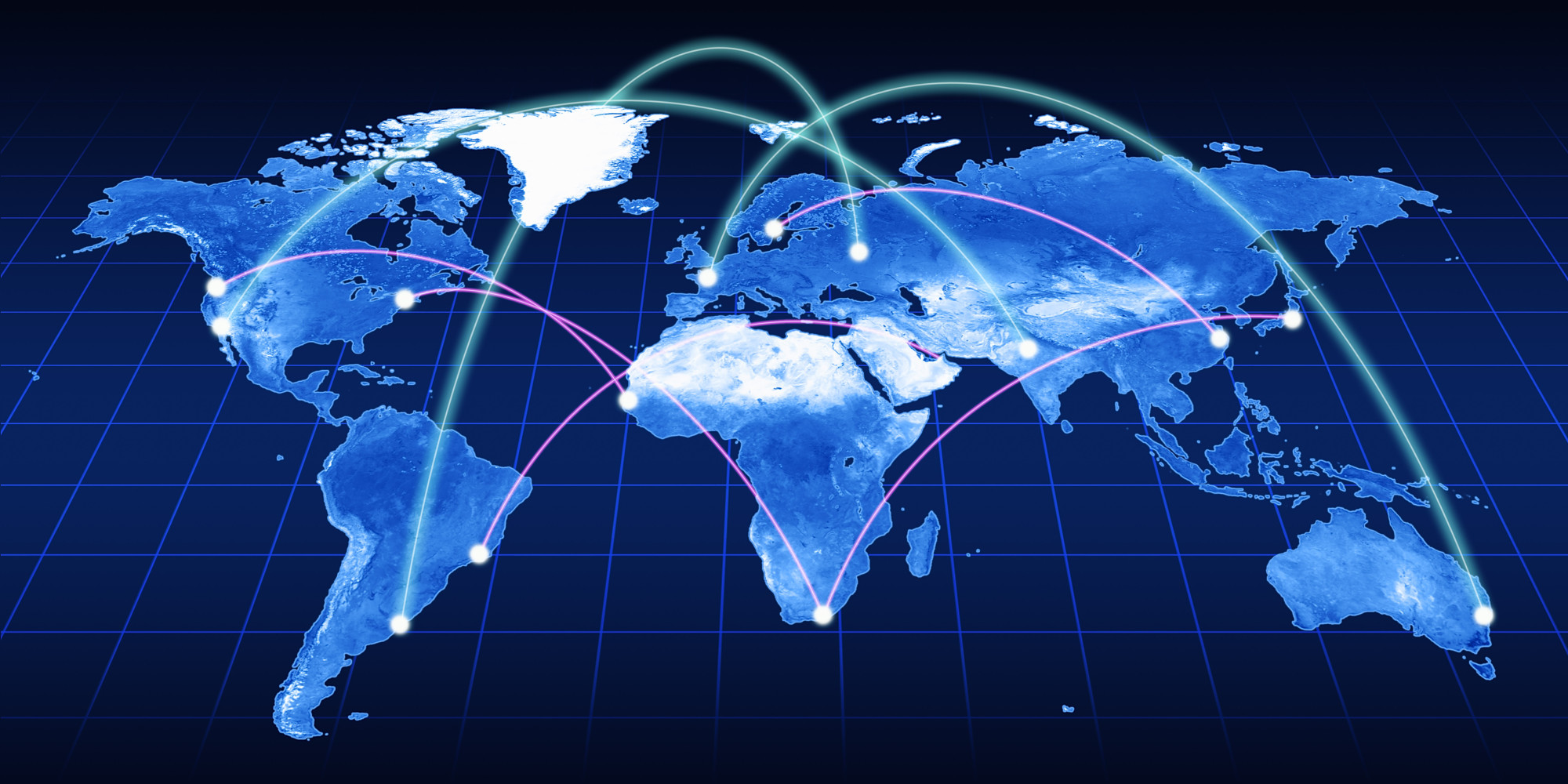
Abazov Rafis
Dr Rafis Abazov is a visiting professor and the director of the Ban Ki-Moon Institute for Sustainable Development at Al Farabi Kazakh National University, Almaty, Kazakhstan, where he also manages a joint program with Earth Institute of Columbia University (New York, USA). He has written 10 books, including The Culture and Customs of the Central Asian Republics (2007) and has regularly contributed op-eds to The New York Times and maintains his page at the QS Topuniversities blogpage. Mr Abazov enjoys collecting rare books on British exploration of Central Asia and reading travelogues on Central Asia and the Middle East by Eugene Schuyler, Vladimir Bartold and Lord George Curzon. He has also authored photo exhibitions about his trips to Central Asian republics, Turkey and Afghanistan. Contact info: Office 1408 Rectorat, 71 Al Farabi Ave., Al Farabi KazNU, Almaty, 050040, Kazakhstan





